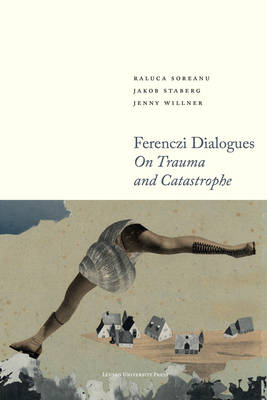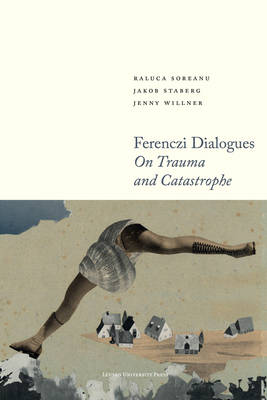
- Afhalen na 1 uur in een winkel met voorraad
- Gratis thuislevering in België vanaf € 30
- Ruim aanbod met 7 miljoen producten
- Afhalen na 1 uur in een winkel met voorraad
- Gratis thuislevering in België vanaf € 30
- Ruim aanbod met 7 miljoen producten
Omschrijving
Ferenczi Dialogues presents the contribution of Sándor Ferenczi to a psychoanalytic theory of trauma and discusses the philosophical, political and clinical implications of Ferenczi's thinking. To a far greater extent than Freud, Sándor Ferenczi centered his psychoanalytic thought around trauma.
Ferenczi's work pluralizes the notion of catastrophe, as being both destructive and a turning point. This book addresses Ferenczi's work in terms of thinking in times of crises, by considering contemporary situations in constellation with various scenes from the past: the outbreak of the First World War, the crisis of psychoanalysis as an institution, the disastrous final encounter between Ferenczi and Freud, the rise of Fascism and National Socialism, and the impending exile of the founding members of the psychoanalytic movement. Against this backdrop, the authors show how Ferenczi's late work outlines a new metapsychology of fragments. Ferenczi Dialogues situates the legacy of Ferenczi within the broad interdisciplinary landscape of the social sciences, literary theory, psychoanalytic theory, and clinical practice, and highlights Ferenczi's relevance for contemporary philosophical discussions in poststructuralism, feminism and new materialism.
Specificaties
Betrokkenen
- Auteur(s):
- Uitgeverij:
Inhoud
- Aantal bladzijden:
- 200
- Taal:
- Engels
- Reeks:
- Reeksnummer:
- nr. 19
Eigenschappen
- Productcode (EAN):
- 9789462703520
- Verschijningsdatum:
- 15/02/2023
- Uitvoering:
- Paperback
- Formaat:
- Trade paperback (VS)
- Afmetingen:
- 156 mm x 234 mm
- Gewicht:
- 367 g

Alleen bij Standaard Boekhandel
Beoordelingen
We publiceren alleen reviews die voldoen aan de voorwaarden voor reviews. Bekijk onze voorwaarden voor reviews.











